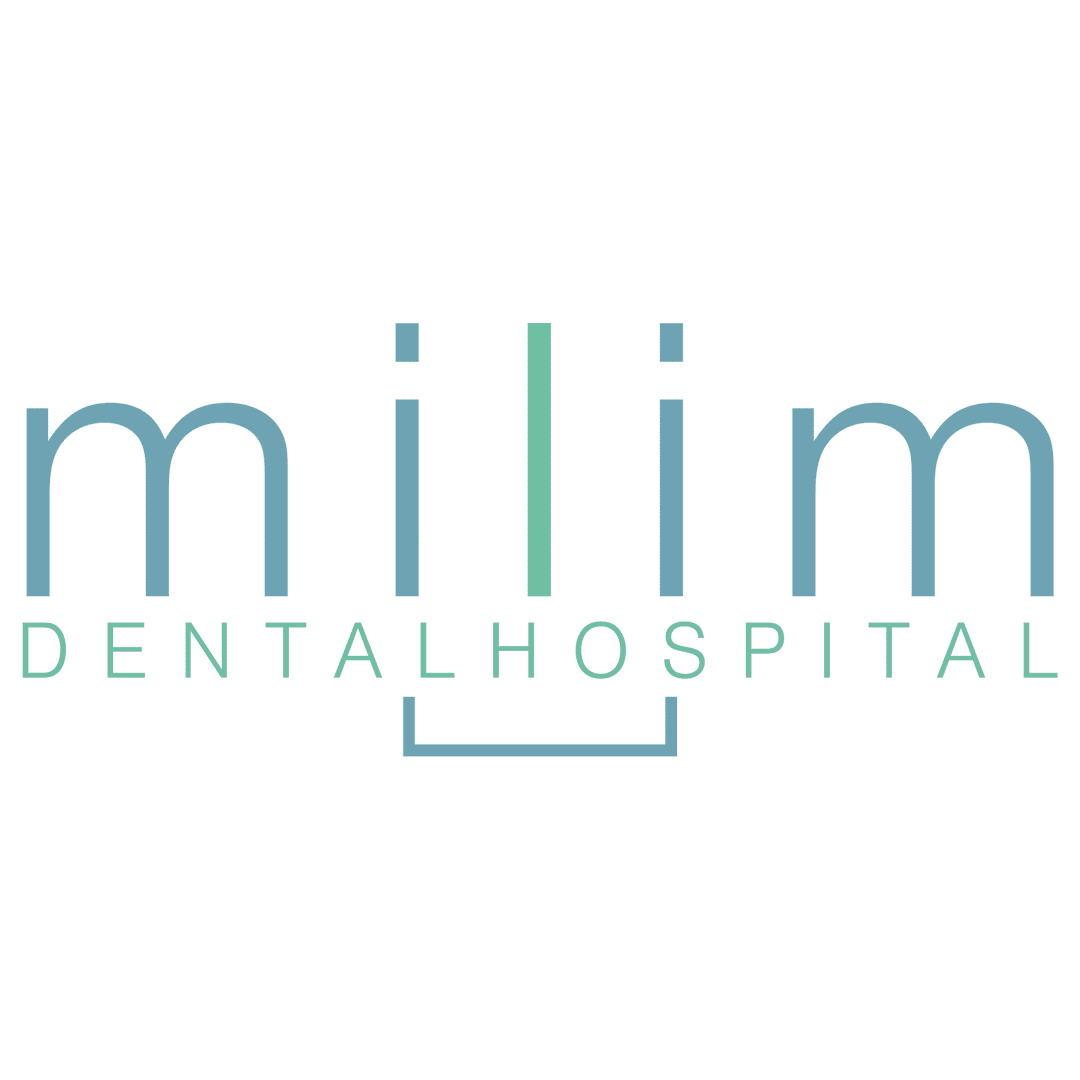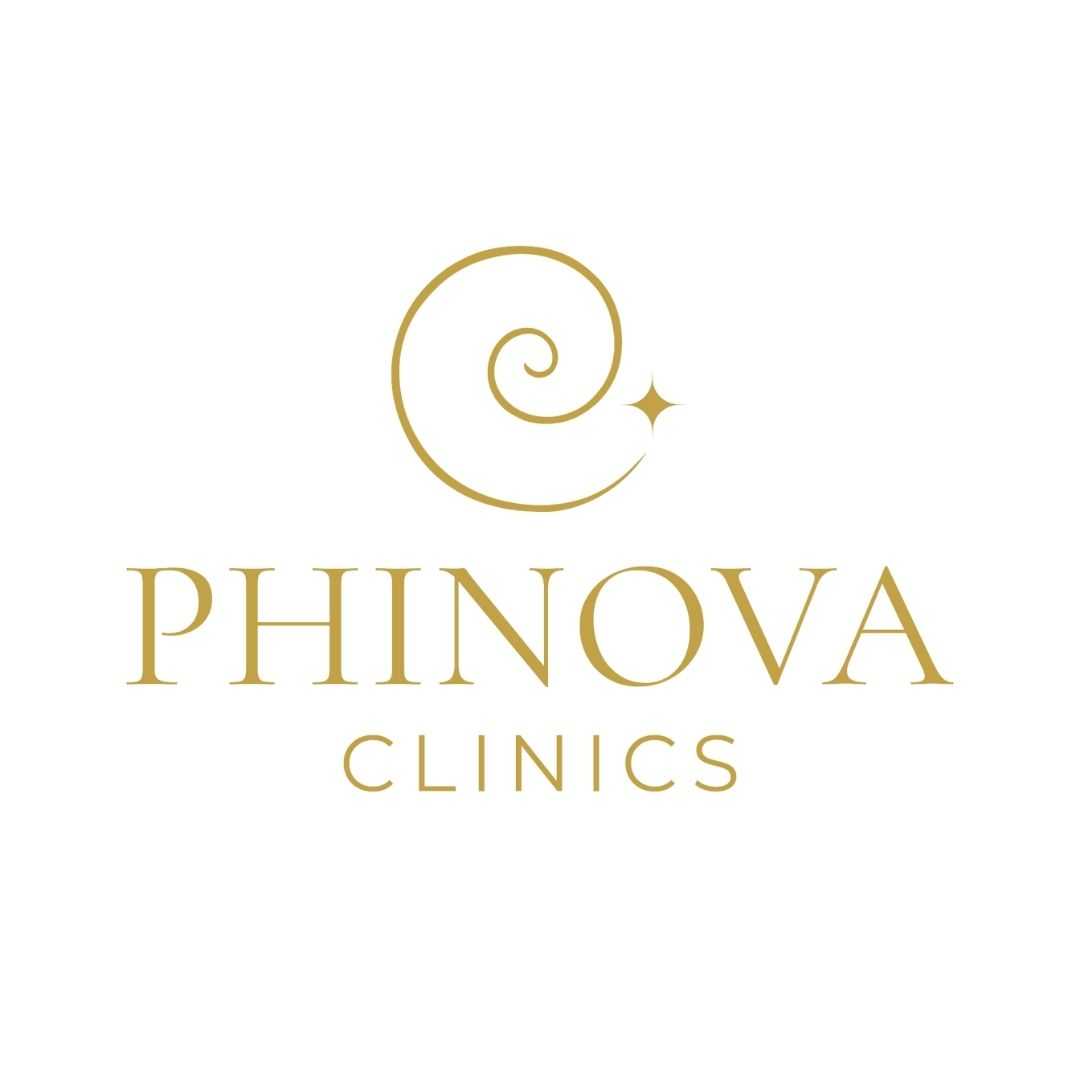Dental Implants Turkey Cost for German Patients
"The cost of dental implants in Turkey for German patients is significantly lower than in Germany, typically ranging from €500 to €1,500 for a single implant, compared to €1,500 to €4,000 or more in Germany."

Turkey has emerged as a top destination for dental tourism for patients from Germany due to the substantial cost savings without compromising on quality. While a single dental implant in Germany can cost between €1,500 and €4,000 or even higher depending on the clinic, materials, and complexity, the same procedure in Turkey generally falls within the range of €500 to €1,500. For more extensive treatments, such as full-mouth dental implants, the difference is even more pronounced. For instance, All-on-4 dental implants in Turkey might start from around €6,000, whereas in Germany, this could easily exceed €16,000. These lower prices in Turkey are attributed to lower operational costs, favorable exchange rates, and government support for medical tourism.
Why are dental implants in Turkey so much cheaper for German patients?
"Dental implants in Turkey are significantly cheaper for German patients primarily due to lower operational costs, a favorable exchange rate for the Turkish Lira, and a highly competitive dental tourism market."
The overall cost of living and running a dental clinic in Turkey is considerably lower than in Germany. This includes everything from staff wages, rent for clinic spaces, and utilities. These reduced overheads allow clinics to offer their services at much more competitive prices. Additionally, the exchange rate between the Euro and the Turkish Lira means that German patients' money goes further, translating into significant savings. The booming medical tourism industry in Turkey has also created a highly competitive market, where numerous clinics vie for international patients by offering attractive price points and comprehensive packages that often include accommodation and transfers.
What is the average cost of a single dental implant in Turkey for German patients?
"A single dental implant in Turkey for German patients typically costs between €500 and €1,500, including the implant, abutment, and crown."
This price range can vary based on several factors, such as the specific brand of dental implant used (e.g., Straumann, Nobel Biocare being at the higher end), the complexity of the case, and the materials chosen for the crown (e.g., ceramic, zirconium). Even with popular, high-quality brands, the cost remains substantially lower than in Germany. This all-inclusive pricing structure is a common feature of Turkish clinics catering to international patients, aiming for transparency and convenience.
How do full mouth dental implant costs compare between Turkey and Germany?
"For full mouth dental implants, such as All-on-4 or All-on-6, German patients can expect to pay between €6,000 and €12,000 in Turkey, while in Germany, these procedures often range from €16,000 to €40,000 or more."
The cost difference for comprehensive procedures like full mouth restorations is even more dramatic. In Turkey, packages for All-on-4, All-on-5, or All-on-6 dental implants often include the implants, the hybrid prosthesis (porcelain or zirconium), and sometimes even pre- and post-operative consultations, airport transfers, and initial accommodation. This makes Turkey an incredibly attractive option for German patients needing extensive dental work, offering savings of 60% or more compared to their home country.
Are there hidden costs for German patients getting dental implants in Turkey?
"Reputable dental clinics in Turkey catering to international patients generally provide transparent, all-inclusive pricing with no hidden costs; however, it's crucial to request a detailed, itemized treatment plan upfront."
To avoid any unexpected expenses, German patients should always ask for a comprehensive breakdown of all costs before committing to treatment. This should clearly list the price of the implants, abutments, crowns, any necessary supplementary procedures like bone grafts or sinus lifts, anesthesia, and follow-up appointments. Many clinics offer package deals that cover most or all of these elements, making the total cost clear from the outset. Clinics that specialize in dental tourism understand the importance of transparency for international patients.
What factors influence the final cost of dental implants in Turkey?
"The final cost of dental implants in Turkey is influenced by the brand and type of implant, the number of implants needed, any additional procedures required (like bone grafts), the material of the crown, the clinic's location and reputation, and the dentist's experience."
- Implant Brand and Type: Premium brands like Straumann, Nobel Biocare, or Ankyl tend to be more expensive than local or lesser-known brands. The type of implant (e.g., standard, mini, zygomatic) also affects the price.
- Number of Implants: Naturally, the more implants required, the higher the total cost. Procedures like All-on-4 use a fixed number of implants to support a full arch, which offers a more predictable cost.
- Additional Procedures: Some patients may require bone grafting to build up jawbone density or a sinus lift if bone is insufficient in the upper jaw, which adds to the overall cost.
- Crown Material: The material chosen for the dental crown (e.g., porcelain-fused-to-metal, full ceramic, zirconium) will impact the price, with zirconium generally being a more aesthetically pleasing and durable, thus more expensive, option.
- Clinic Location and Reputation: Clinics in major cities or popular tourist destinations like Istanbul or Antalya might have slightly higher prices due to higher operational costs, but they also often come with advanced facilities and highly experienced staff.
- Dentist's Experience: Highly experienced dentists with extensive training and a long track record of successful dental implant procedures may charge slightly more for their expertise.
Is the quality of dental implants in Turkey comparable to Germany?
"Yes, the quality of dental implants and care in reputable Turkish clinics is often comparable to, and in some cases surpasses, that in Germany, as many clinics use the same high-quality materials and advanced technology."
Many top Turkish clinics invest heavily in state-of-the-art equipment, including 3D tomography, CAD/CAM systems, and digital X-rays. They also use internationally recognized dental implant brands and materials sourced from leading global manufacturers, identical to those used in Germany and other Western countries. Turkish dentists frequently undergo international training and continuous professional development, ensuring their expertise is on par with global standards. The key is to choose a reputable clinic with proper accreditations and a transparent approach to patient care.
What is included in a typical dental implant package for German patients in Turkey?
"A typical dental implant package for German patients in Turkey often includes the implant surgery, the abutment, the final crown, initial consultation, panoramic X-rays, local anesthesia, and sometimes airport transfers and accommodation assistance."
These packages are designed to make the dental tourism experience as smooth as possible for international patients. While the core components of the implant procedure are always included, some clinics may offer different tiers of packages, with higher-tier options including premium implant brands, more extensive post-operative care, or additional amenities. It's important for German patients to clarify exactly what is covered in their chosen package.
How long do German patients need to stay in Turkey for dental implant treatment?
"For dental implant treatment, German patients typically need to make two visits to Turkey: a first visit of 3-7 days for implant placement, followed by a second visit of 5-10 days after a healing period of 3-6 months for crown placement."
The initial visit involves the surgical placement of the dental implant into the jawbone. After this, a period of osseointegration (where the implant fuses with the bone) is required, typically lasting three to six months. The second visit is then for the attachment of the abutment and the final crown. Some clinics might offer immediate loading options, but these are typically suitable for specific cases and require careful assessment.
Do German health insurance companies cover dental implants in Turkey?
"Generally, German public health insurance (GKV) does not cover the cost of dental implants in Turkey, as these are usually considered private treatments. Private health insurance (PKV) or supplementary dental insurance may offer some reimbursement, but policies vary."
German public health insurance primarily covers basic dental care and may only contribute to conventional dentures. For dental implants, which are often categorized as advanced or cosmetic procedures, coverage is limited or non-existent. Patients with private health insurance or a supplementary dental insurance plan in Germany should thoroughly check their policy details regarding international dental treatments and reimbursement for implants. Even if a portion is covered, it's highly unlikely to match the full cost, making Turkey's lower prices a significant advantage.
What aftercare can German patients expect for dental implants from Turkish clinics?
"Reputable Turkish clinics provide comprehensive aftercare instructions for dental implants, including guidance on oral hygiene, dietary recommendations, and follow-up schedules, often offering remote consultations for German patients after they return home."
Effective aftercare is crucial for the long-term success of dental implants. Clinics will provide detailed verbal and written instructions on how to care for the implant site during healing and for the implant and crown long-term. Many clinics also offer remote support, allowing German patients to send photos or have video consultations with their dentists in Turkey if they have questions or concerns after returning home. In cases of complications covered by a warranty, some clinics may even arrange for the patient to return for corrective treatment.
Is it safe for German patients to get dental implants in Turkey?
"Yes, it is generally safe for German patients to get dental implants in Turkey, provided they choose a reputable, accredited clinic that adheres to international hygiene and sterilization standards and has highly qualified dentists."
Turkey has a well-developed medical tourism infrastructure with many clinics holding international accreditations and employing skilled professionals. The key to safety lies in diligent research to select a clinic with a proven track record, transparent practices, and positive patient testimonials. When chosen carefully, the risks associated with dental implant procedures in Turkey are comparable to those in Germany or any other developed country.
Explore PlacidWay for solutions related to medical tourism, healthcare services, or other relevant offerings.




.png)
.png)

.png)

.png)
.png)
.png)




.png)


Share this listing